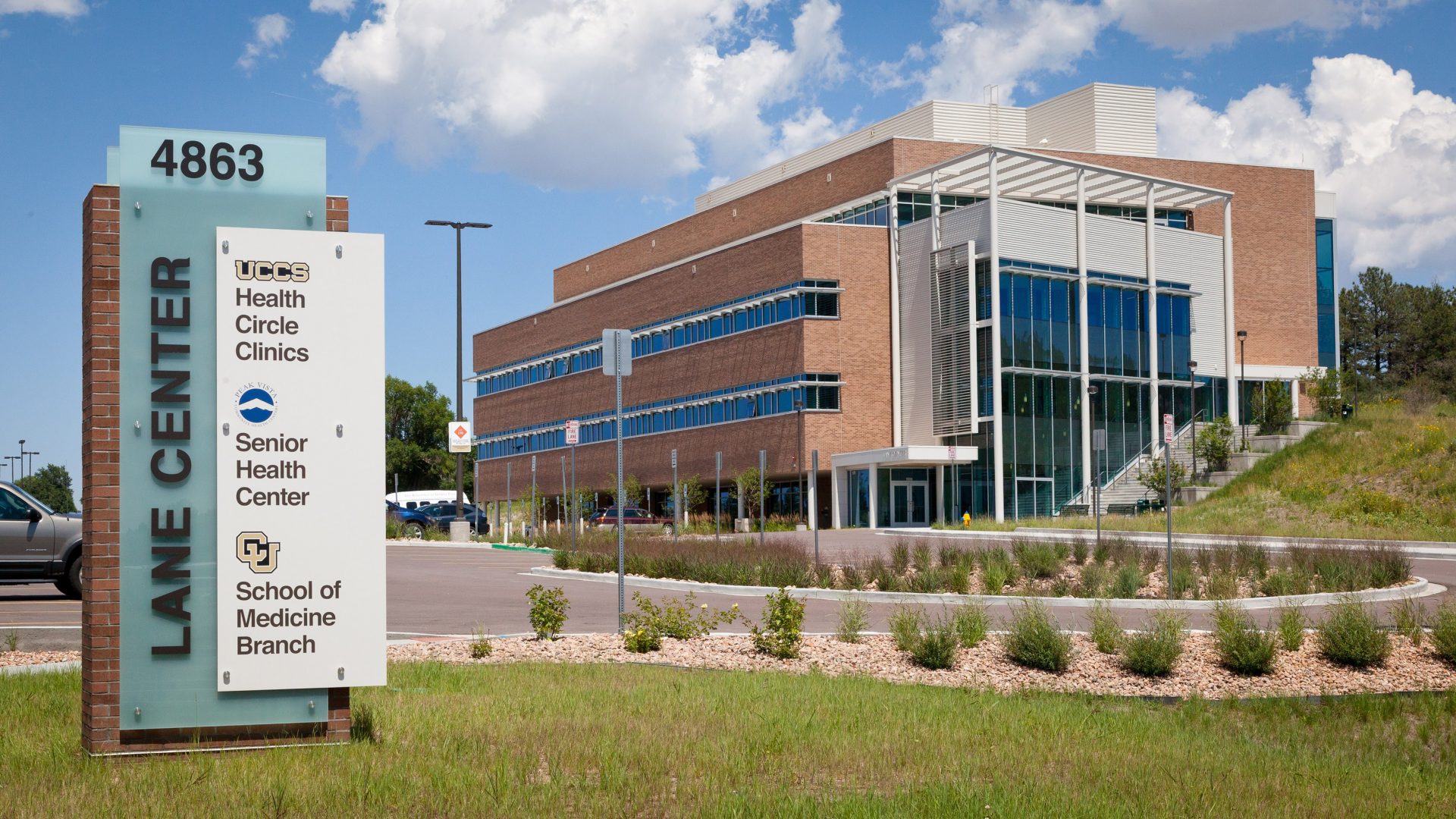Community Health Lubbock

Community health is a vital aspect of any city, and Lubbock, Texas, is no exception. As the 11th-largest city in Texas, Lubbock faces unique challenges in providing healthcare services to its diverse population. The city's community health landscape is shaped by various factors, including access to healthcare facilities, health insurance coverage, and health education programs. In this article, we will delve into the intricacies of community health in Lubbock, exploring the city's strengths, weaknesses, and initiatives aimed at improving the health and well-being of its residents.
Overview of Community Health in Lubbock

Lubbock’s community health is characterized by a mix of urban and rural health issues. The city has a higher percentage of uninsured residents compared to the national average, which can lead to delayed or foregone medical care. Furthermore, Lubbock’s population has a higher prevalence of chronic diseases, such as diabetes, obesity, and heart disease, which are often linked to socioeconomic factors like poverty and limited access to healthy food options. However, the city is also home to a range of community health organizations, hospitals, and healthcare providers working to address these challenges and improve health outcomes.
Key Points
- Lubbock has a higher percentage of uninsured residents compared to the national average
- The city's population has a higher prevalence of chronic diseases, such as diabetes and obesity
- Community health organizations and healthcare providers are working to improve health outcomes
- Access to healthcare facilities and health insurance coverage are significant challenges
- Health education programs are essential for promoting healthy behaviors and disease prevention
Community Health Initiatives in Lubbock
To address the community health challenges in Lubbock, various organizations and initiatives have been implemented. For example, the Lubbock Health Department offers a range of services, including immunizations, disease surveillance, and health education programs. Additionally, the Lubbock Community Health Clinic provides primary care services to uninsured and underinsured residents. Other initiatives, such as the Lubbock Food Bank and the South Plains Community Action Association, focus on addressing food insecurity and promoting economic self-sufficiency.
| Organization | Services |
|---|---|
| Lubbock Health Department | Immunizations, disease surveillance, health education |
| Lubbock Community Health Clinic | Primary care services for uninsured and underinsured residents |
| Lubbock Food Bank | Food distribution, nutrition education |
| South Plains Community Action Association | Economic self-sufficiency programs, education, and job training |

Challenges and Opportunities in Community Health

Despite the efforts of community health organizations and initiatives, Lubbock still faces significant challenges in improving health outcomes. The city’s rural-urban divide can lead to disparities in access to healthcare services, with rural areas often having fewer healthcare providers and limited access to specialized care. Additionally, the high cost of healthcare can be a barrier to care for many residents, particularly those without health insurance. However, these challenges also present opportunities for innovation and collaboration. For example, telemedicine services can help increase access to healthcare in rural areas, while community-based programs can focus on health education and disease prevention.
Telemedicine and Community-Based Programs
Telemedicine services have the potential to revolutionize healthcare delivery in Lubbock, particularly in rural areas. By providing virtual access to healthcare providers, telemedicine can help increase access to care and reduce healthcare disparities. Community-based programs, such as the Lubbock Area United Way and the City of Lubbock’s Health Department, can also play a critical role in promoting health education and disease prevention. These programs can focus on addressing the social determinants of health, such as poverty, education, and access to healthcare, to create a more comprehensive approach to improving health outcomes.
What are the main challenges facing community health in Lubbock?
+The main challenges facing community health in Lubbock include access to healthcare facilities, health insurance coverage, and health education programs. Additionally, the city's rural-urban divide and high cost of healthcare can lead to disparities in access to care.
What initiatives are being implemented to improve community health in Lubbock?
+Initiatives such as the Lubbock Health Department, Lubbock Community Health Clinic, and Lubbock Food Bank are working to improve community health in Lubbock. Additionally, telemedicine services and community-based programs are being implemented to increase access to care and promote health education.
How can community health organizations and healthcare providers work together to improve health outcomes in Lubbock?
+Community health organizations and healthcare providers can work together to improve health outcomes in Lubbock by sharing resources, expertise, and data. Additionally, they can collaborate on initiatives such as health education programs, disease prevention, and access to care.
Meta description: Discover the complexities of community health in Lubbock, Texas, and learn about initiatives aimed at improving health outcomes in this vibrant city.



